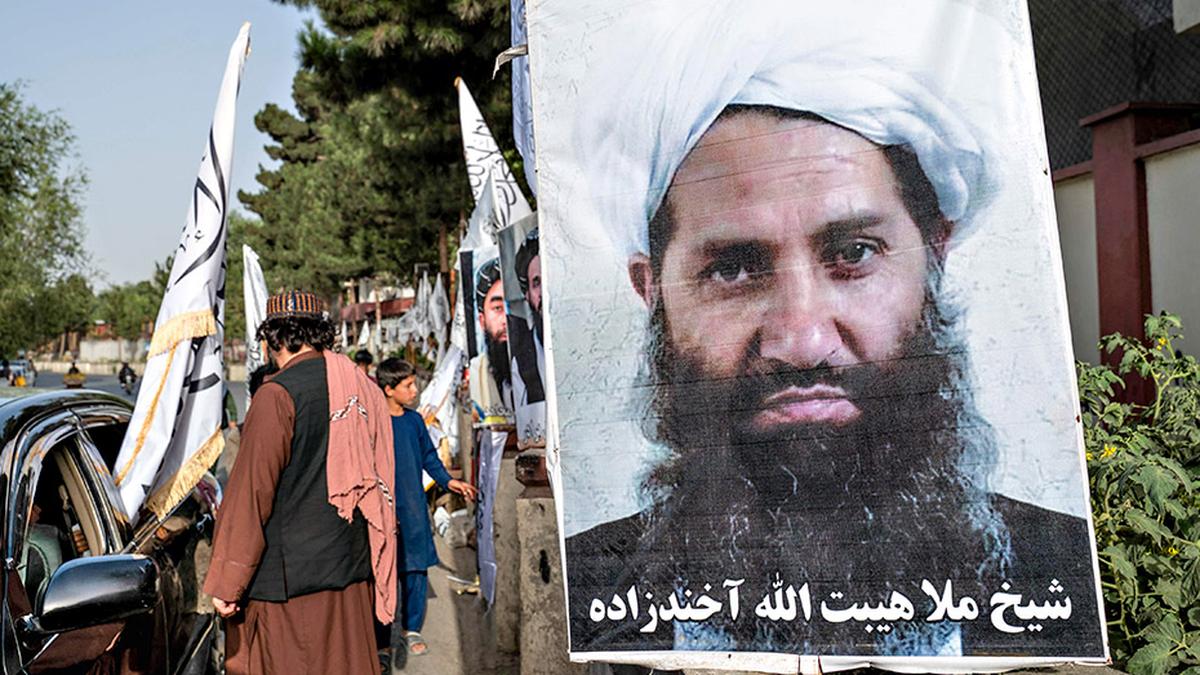The Taliban regime in Afghanistan has taken a significant step towards solidifying its austere vision of Islamic rule by formally codifying a sweeping morality law that severely restricts women’s rights and dictates various aspects of public behavior. This law, which was announced in August 2024 and ordered into effect by supreme leader Hibatullah Akhundzada, represents a significant escalation of the Taliban’s already oppressive policies and has drawn widespread condemnation from the international community and human rights groups.
A Comprehensive System of Moral Control
The new morality law, comprised of 35 articles, aims to enforce a strict interpretation of Islamic principles and regulates a wide range of activities, including dress, speech, public behavior, and even the keeping of images.
Restrictions on Women: A Return to the Dark Ages
The law imposes the most severe restrictions on women, effectively relegating them to a subservient and marginalized role within society. The most prominent element of this oppressive legislation mandates that women cover their entire bodies and faces in public, only venturing outside the home when deemed “necessary.” Additionally, women are prohibited from raising their voices in public, effectively silencing their presence and limiting their ability to engage in public discourse.
Limits on Men’s Appearance and Behavior
While women are subjected to the most severe restrictions, the morality law also imposes significant restrictions on men’s appearance and behavior. Men are prohibited from wearing shorts above the knee, a seemingly arbitrary rule that further emphasizes the regime’s obsession with enforcing strict norms of modesty. The law also mandates that men maintain a full beard, reinforcing the Taliban’s image as an austere and uncompromising regime.
Enforcement of Islamic Orthodoxy
Beyond regulating appearance and speech, the law imposes stringent measures to enforce religious orthodoxy. Prayer attendance is mandated, while entertainment and celebrations deemed inconsistent with Islamic beliefs are strictly prohibited. This includes bans on playing music in public, observing non-Muslim holidays, keeping photos of living beings, engaging in animal fighting, and engaging in homosexual behavior.
Morality Police and Graduated Punishment
To enforce these stringent rules, the morality police are granted broad powers to identify and punish transgressions. The law outlines a graduated system of punishment, starting with verbal warnings and progressing to fines, detention, and potentially harsher measures.
International Condemnation and Global Concerns
The implementation of the morality law has been met with widespread condemnation from the international community and human rights organizations. The United Nations Assistance Mission in Afghanistan has characterized the law as a “distressing vision for Afghanistan’s future,” highlighting the profound impact it will have on the rights and freedoms of Afghan citizens.
The global response reflects a deep concern about the deteriorating human rights situation in Afghanistan under Taliban rule. Many fear that this law will serve to further erode basic freedoms, particularly for women, and create a climate of fear and repression.
The Impact on Afghan Society
The new morality law will have far-reaching consequences for Afghan society. It will not only severely limit the freedoms of women, but also stifle public expression, hinder cultural activities, and undermine any possibility of a tolerant and inclusive society. It is likely to further alienate the international community, making it more difficult for Afghanistan to secure aid and development support.
Take Away Points
The Taliban’s implementation of a new morality law serves as a stark reminder of the regime’s unwavering commitment to imposing its strict interpretation of Islam on Afghan society. This oppressive legislation is a setback for women’s rights and freedoms, stifles cultural expression, and hinders any possibility of reconciliation and progress. The international community must continue to pressure the Taliban regime to reverse these policies, prioritize the protection of human rights, and allow for the creation of a more just and equitable society for all Afghans.




